Greece stands as the cradle of Western civilization, where ancient myths and legends were born thousands of years ago. These stories featuring gods, heroes, and monsters weren’t just entertainment but explanations for natural phenomena and moral lessons that shaped Greek society.
Today, certain Greek towns maintain such strong connections to these myths that visitors often feel as if they’ve stepped into the pages of ancient texts, where Olympian gods might still walk among mortals. Here is a list of 15 towns in Greece where mythology feels alive in every stone, breeze, and whispered tale.
Delphi
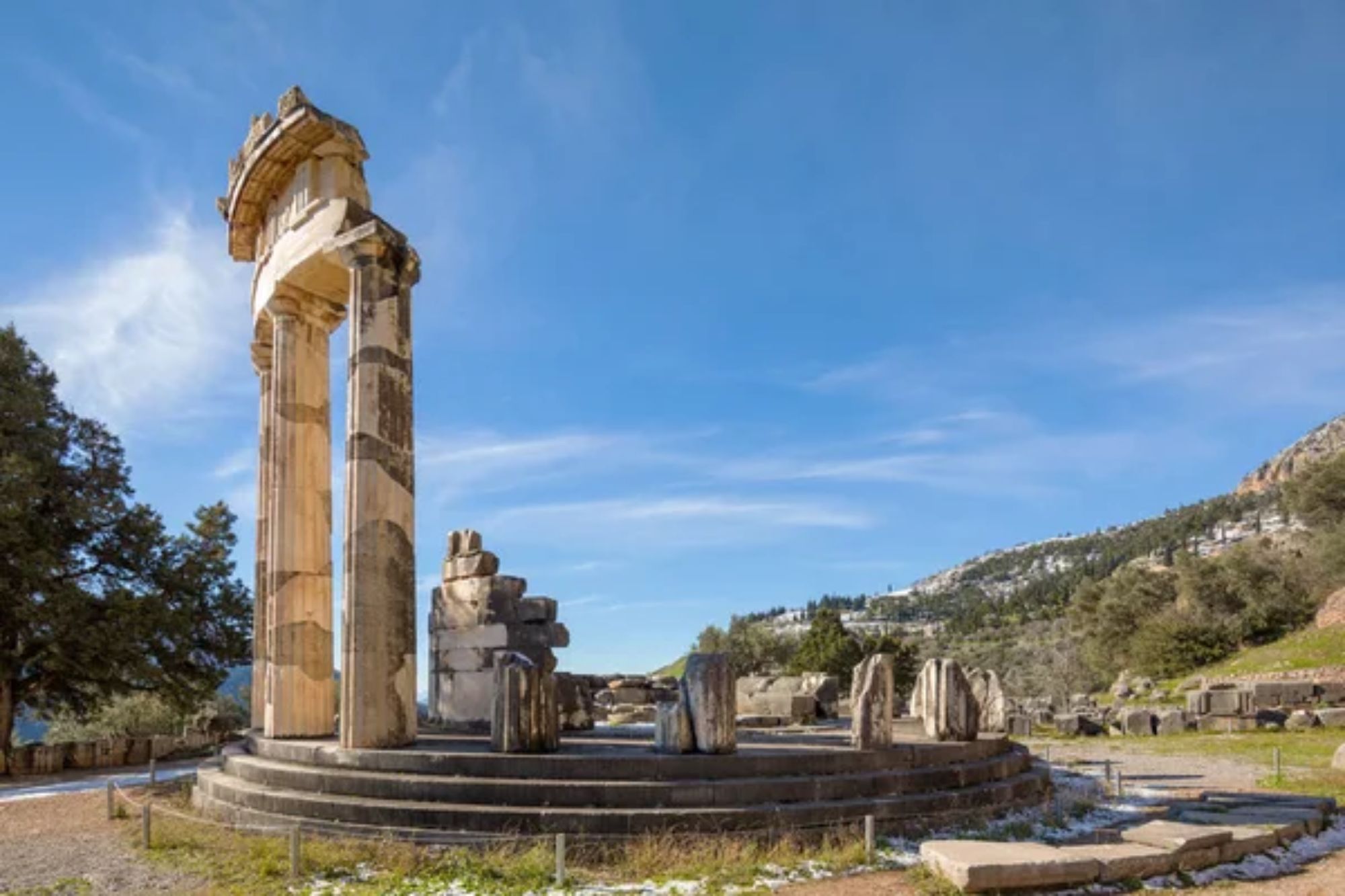
Nestled on the slopes of Mount Parnassus, this ancient sanctuary once housed the famous Oracle who delivered Apollo’s prophecies to those seeking divine guidance. The ruins maintain an otherworldly atmosphere, with mist often rolling between fallen columns at dawn and dusk.
Local guides speak of the Pythia – the priestess who channeled Apollo – with such conviction that visitors half-expect to turn a corner and find her seated above the sacred chasm.
Olympia
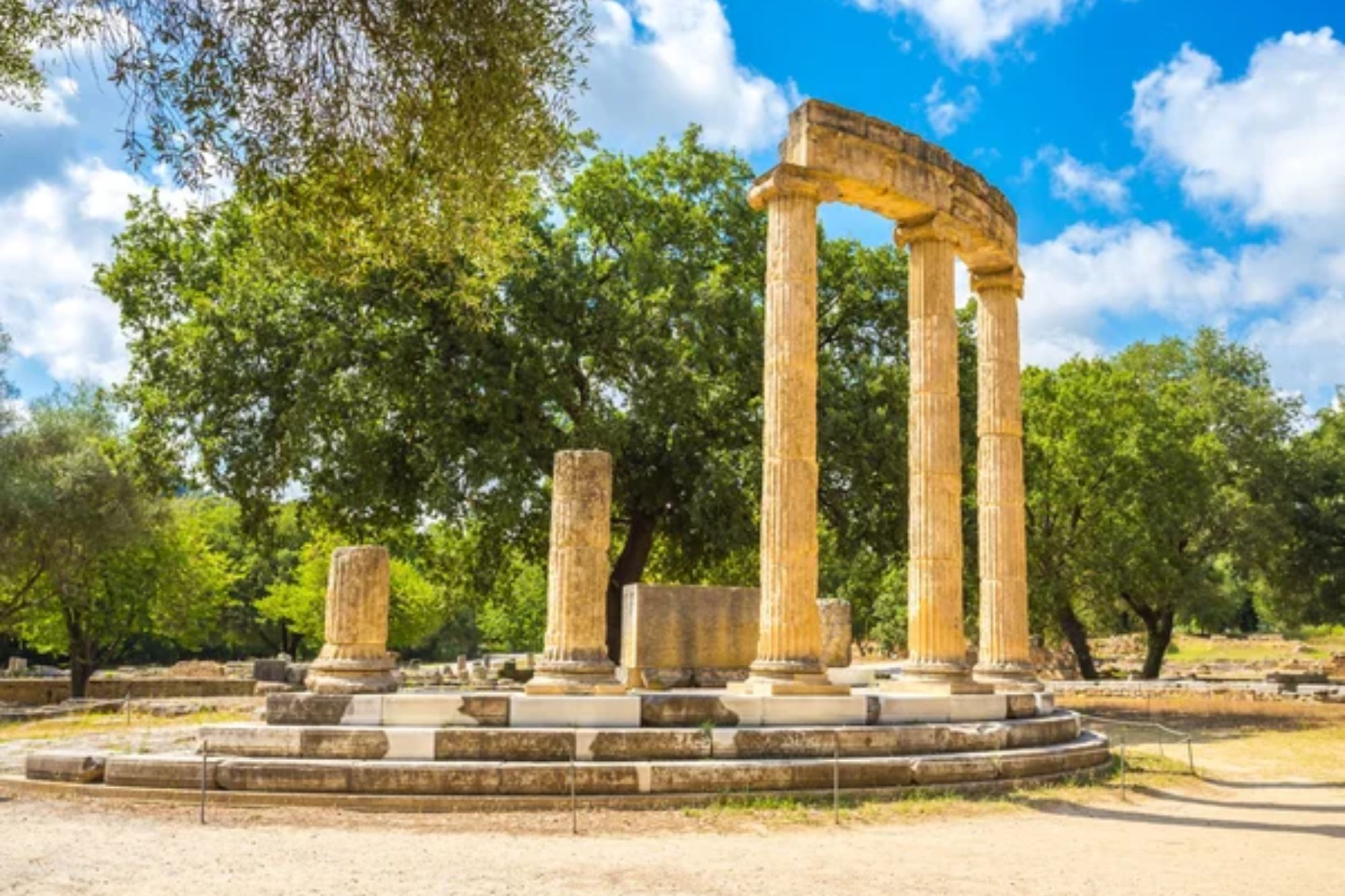
This sacred precinct dedicated to Zeus remains heavy with mythological significance as the birthplace of the Olympic Games. The fallen Temple of Zeus once housed one of the Seven Wonders of the Ancient World, a massive gold and ivory statue of the god himself.
Standing in the ancient stadium today, one can almost hear the roar of crowds as athletes competed for divine favor among spectators who genuinely believed gods might be watching from Mount Olympus.
Ithaca
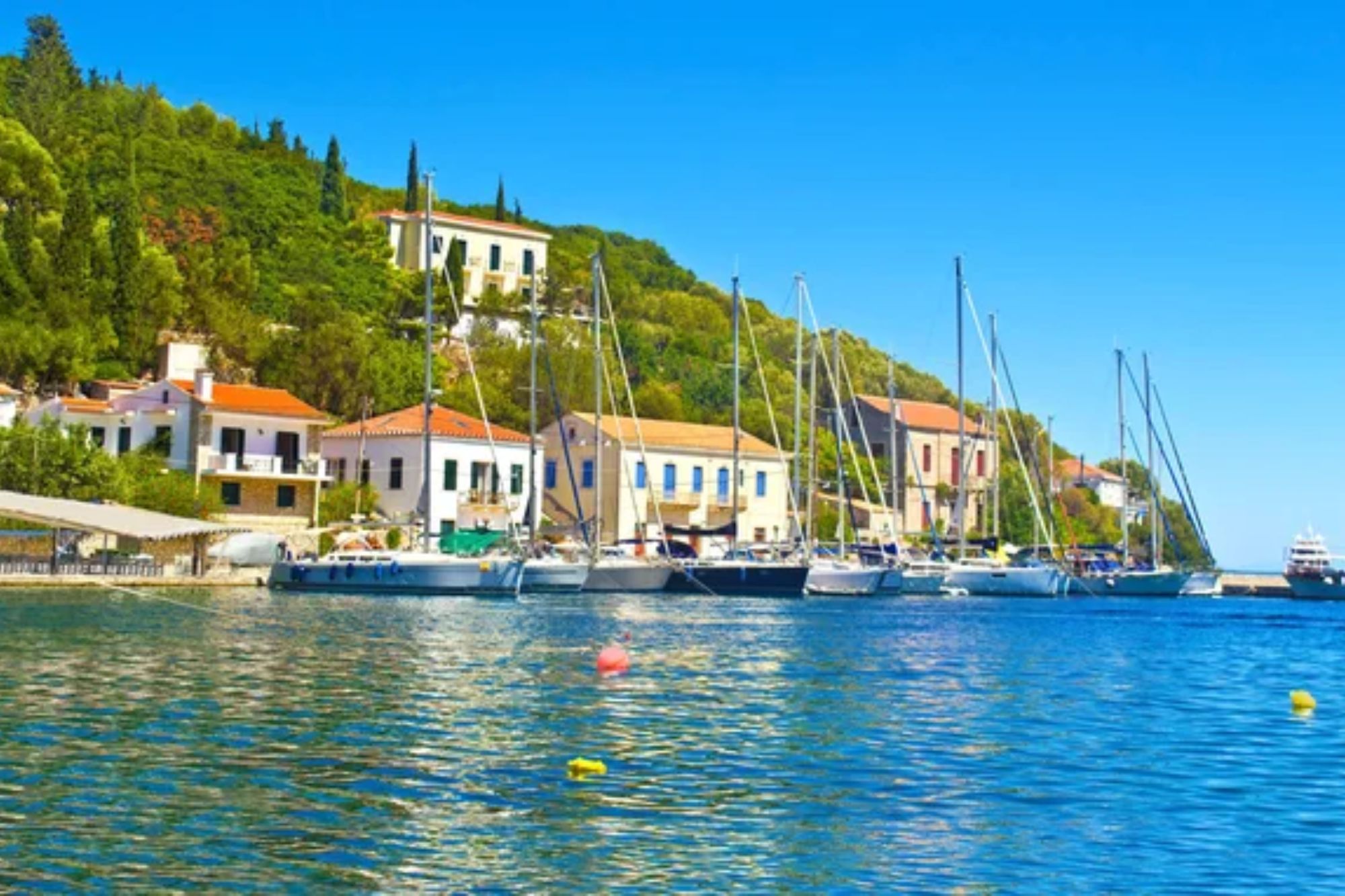
This rugged island in the Ionian Sea still embodies the spirit of Homer’s Odyssey, where clever Odysseus ruled and to which he struggled to return for twenty years. Locals proudly point to ‘Odysseus’s Cave’ and speak of their legendary king as if he departed just generations ago rather than millennia.
The island’s challenging landscape and isolated beaches make it easy to imagine why this homeland pulled so strongly at the heart of mythology’s most famous wanderer.
Like Travel Pug’s content? Follow us on MSN.
Mycenae
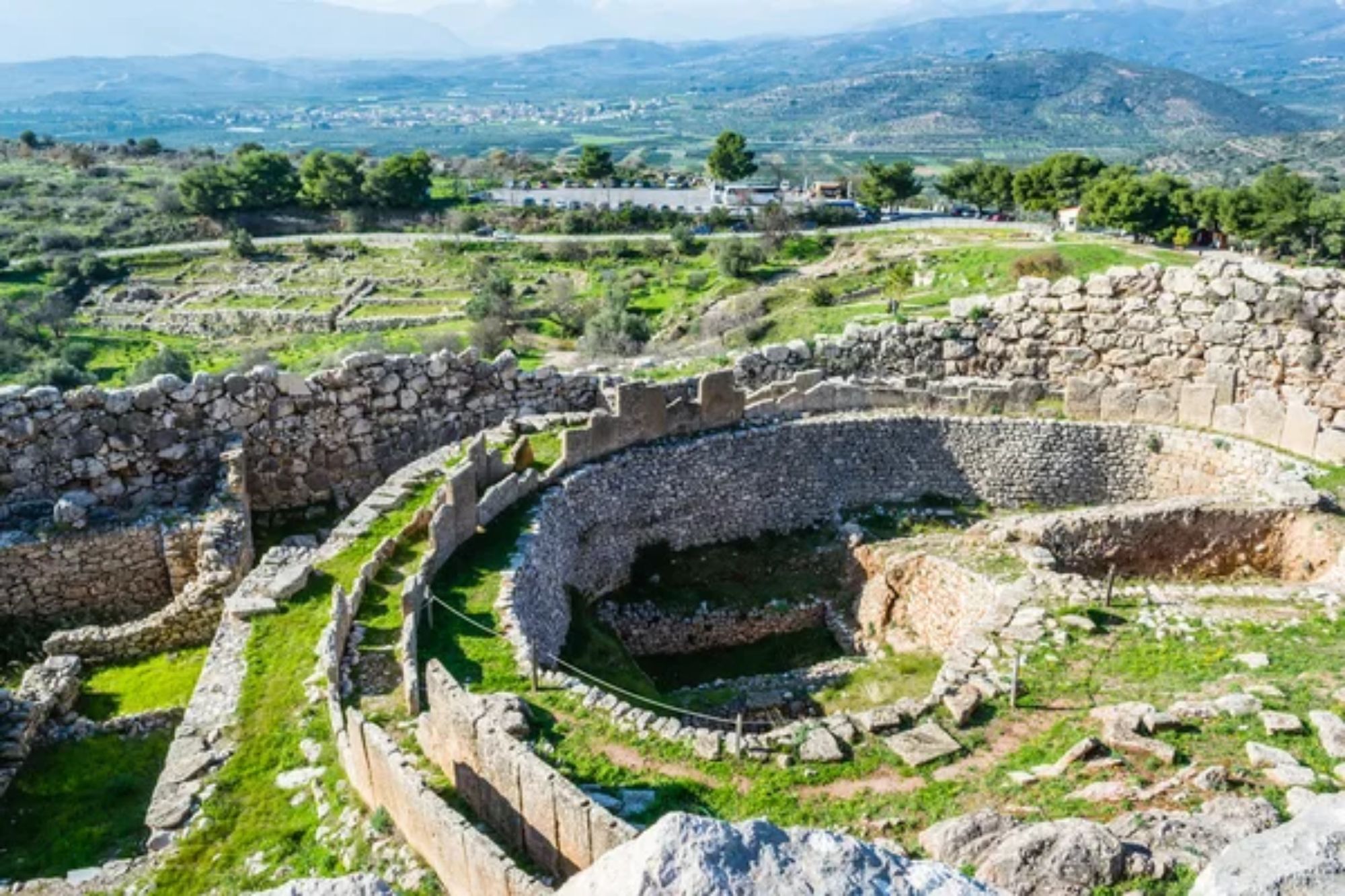
The imposing Lion Gate still guards the entrance to this ancient citadel, once ruled by Agamemnon, who led the Greek forces against Troy. The massive Cyclopean walls – named because Greeks believed only the one-eyed giants could have moved such enormous stones – loom over visitors as they enter the legendary House of Atreus.
The infamous gold death mask discovered here, incorrectly attributed to Agamemnon himself, captures the enduring power that mythology holds over this haunting archaeological site.
Knossos
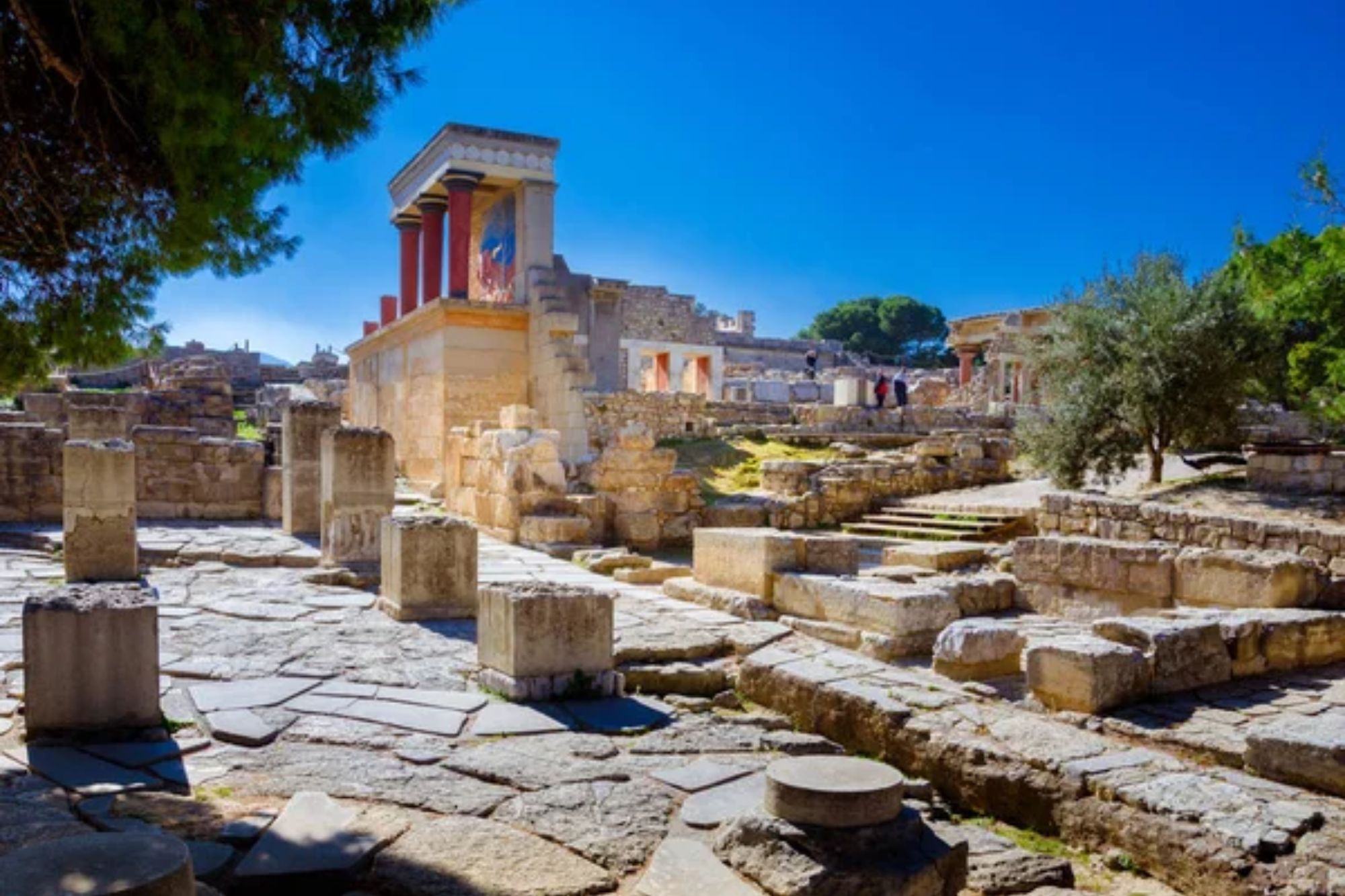
The ancient Minoan palace on Crete stands as the legendary home of King Minos and the dreaded Minotaur who stalked its labyrinth. The complex system of rooms and corridors still causes visitors to lose their bearings, making the myth of Theseus navigating the maze with Ariadne’s thread feel remarkably plausible.
The vivid dolphin frescoes and bull-leaping scenes preserved here transport visitors directly into one of mythology’s most fascinating civilizations.
Santorini
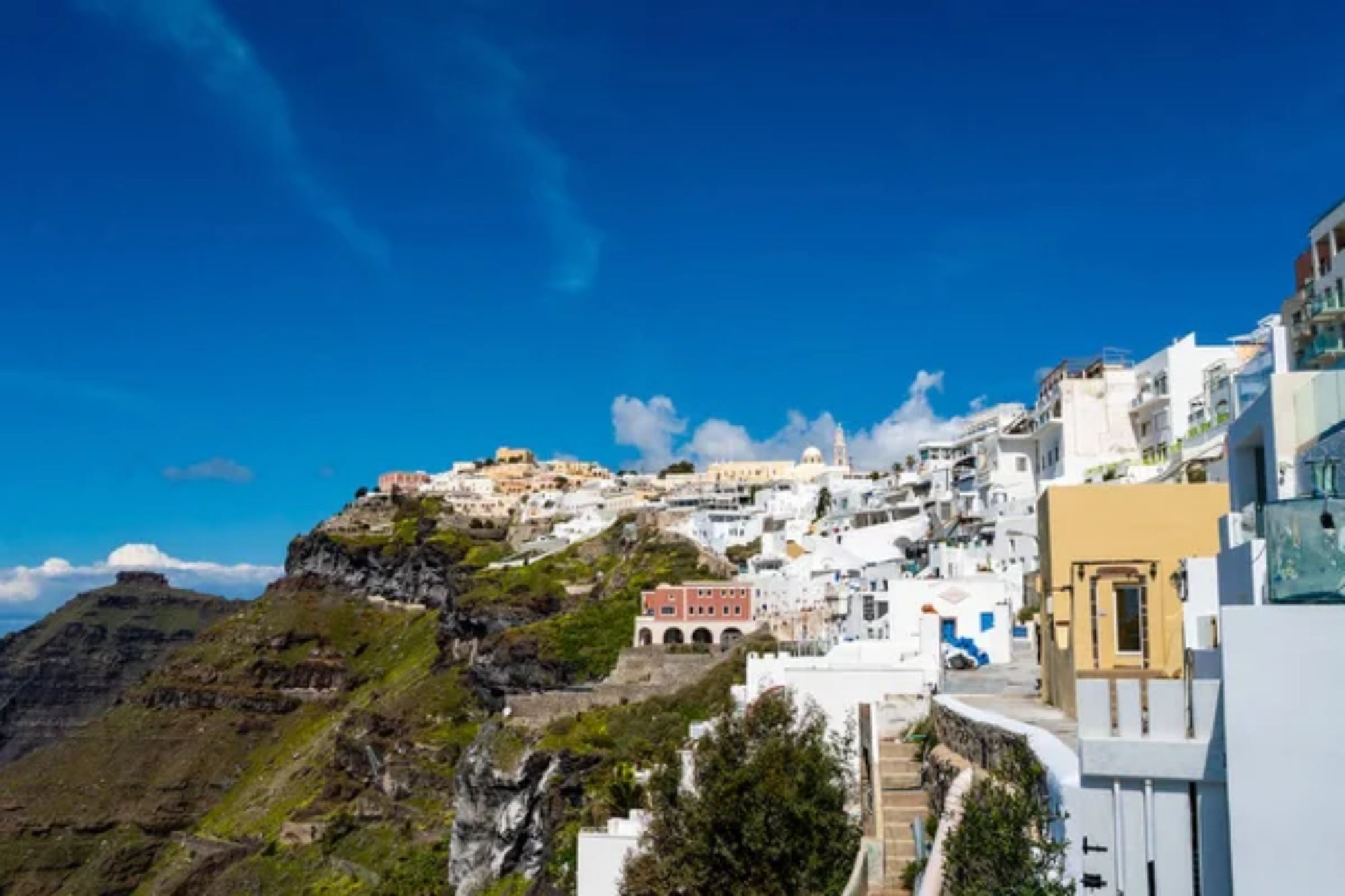
The dramatic crescent-shaped island, created by an ancient volcanic eruption, is often associated with the lost civilization of Atlantis. Sunset views across the caldera create such breathtaking tableaux that it’s easy to understand why locals believe gods must have had a hand in crafting such beauty.
The whitewashed buildings clinging to volcanic cliffs seem to float above the azure Aegean, creating a dreamlike landscape worthy of divine architects.
Like Travel Pug’s content? Follow us on MSN.
Meteora
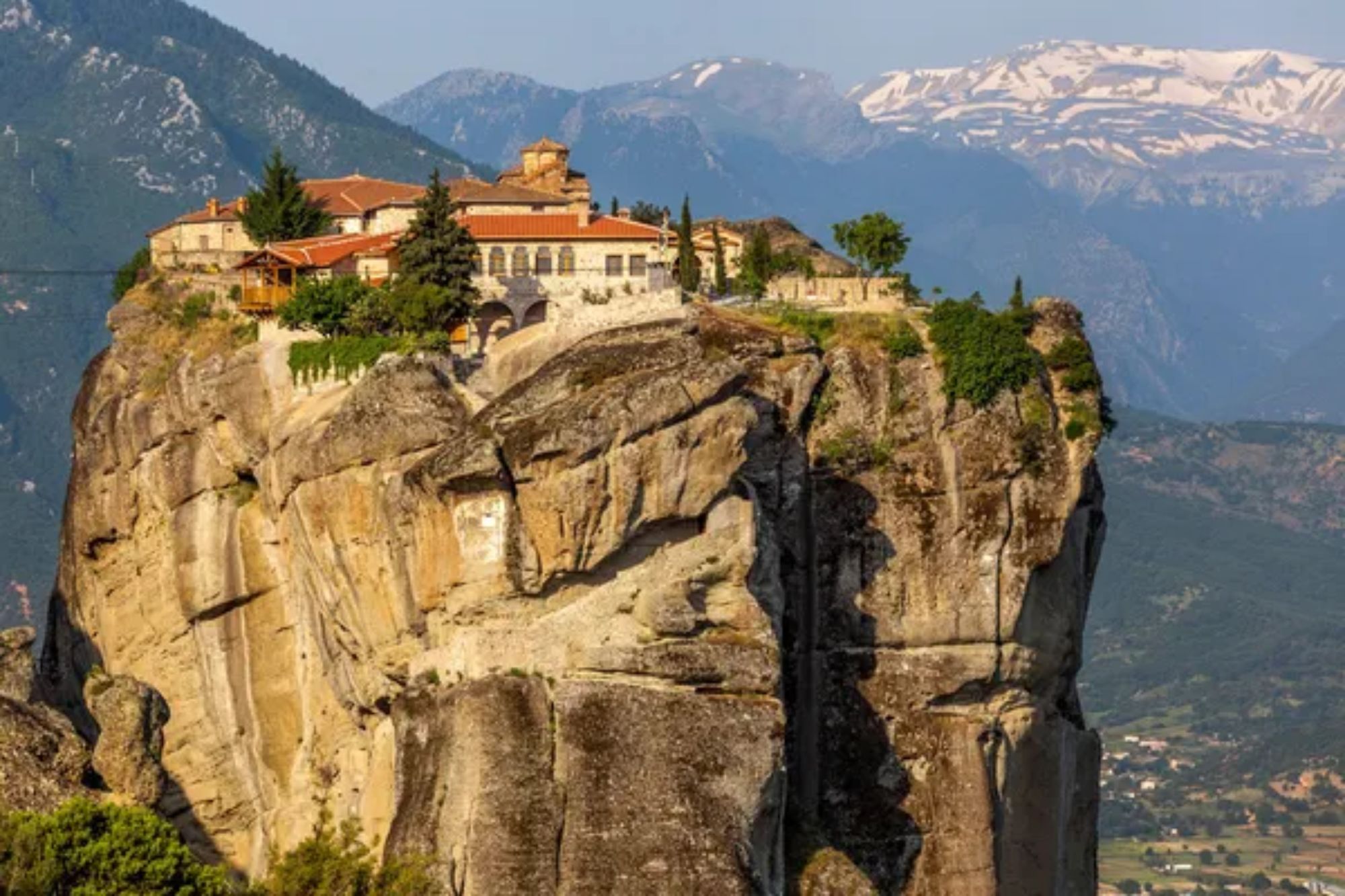
Massive natural stone pillars rise improbably from the plain, crowned with monasteries that seem suspended between earth and sky. Monks first built these sanctuaries to escape worldly temptations, creating structures that appear to defy gravity and human capability.
Local legends tell of eagles carrying construction materials upward and divine inspiration guiding the impossible architectural achievements, tales that feel entirely believable when standing in their shadow.
Samothraki
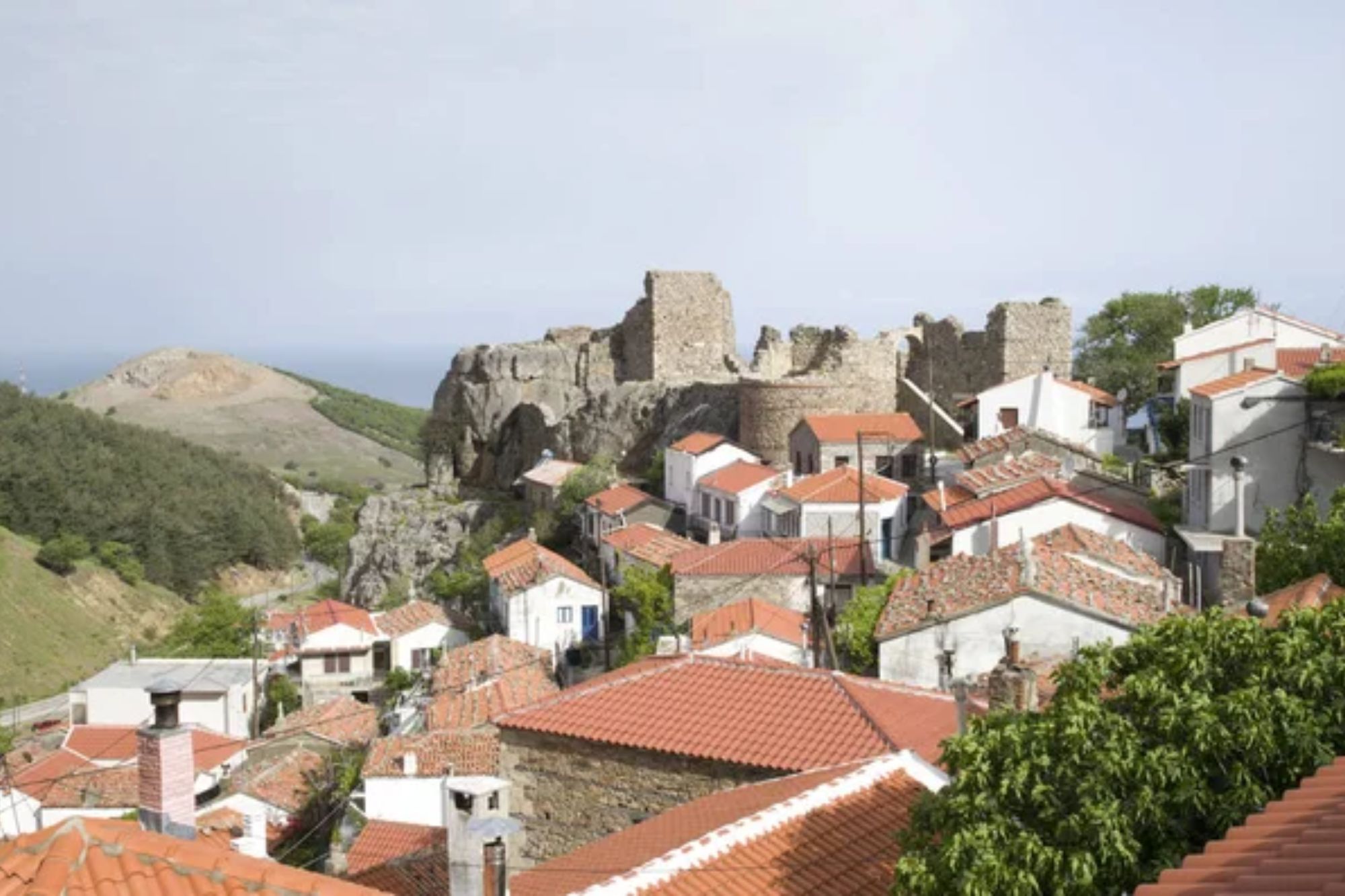
This remote northern Aegean island housed the sanctuary of the Great Gods, where secret initiation rites promised protection from maritime dangers. The island’s wild landscape of mountains, waterfalls, and thermal springs creates an atmosphere where ancient nature spirits feel remarkably present.
Visitors hiking through densely forested slopes often describe a palpable sense of divine presence, understanding why ancient Greeks considered this island particularly sacred.
Epidaurus
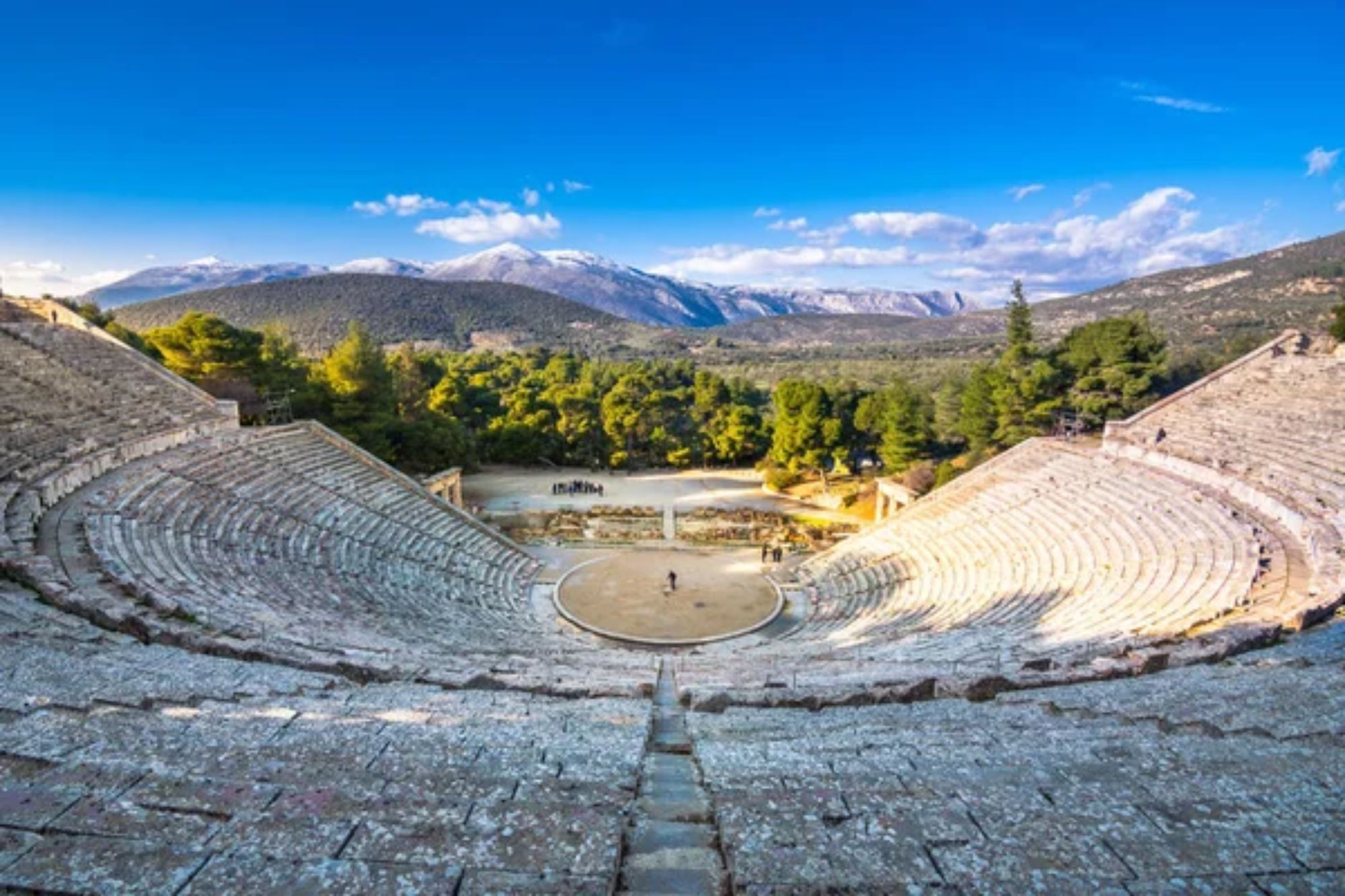
The ancient theater here was dedicated to Asclepius, god of healing, and possesses such perfect acoustics that a whisper on stage can be heard in the furthest row. Patients once slept in sacred dormitories, believing Asclepius would appear in their dreams with cures for their ailments.
The surrounding cypress groves create such tranquility that the transition between mundane reality and divine intervention still feels like a mere breath away.
Like Travel Pug’s content? Follow us on MSN.
Elefsina
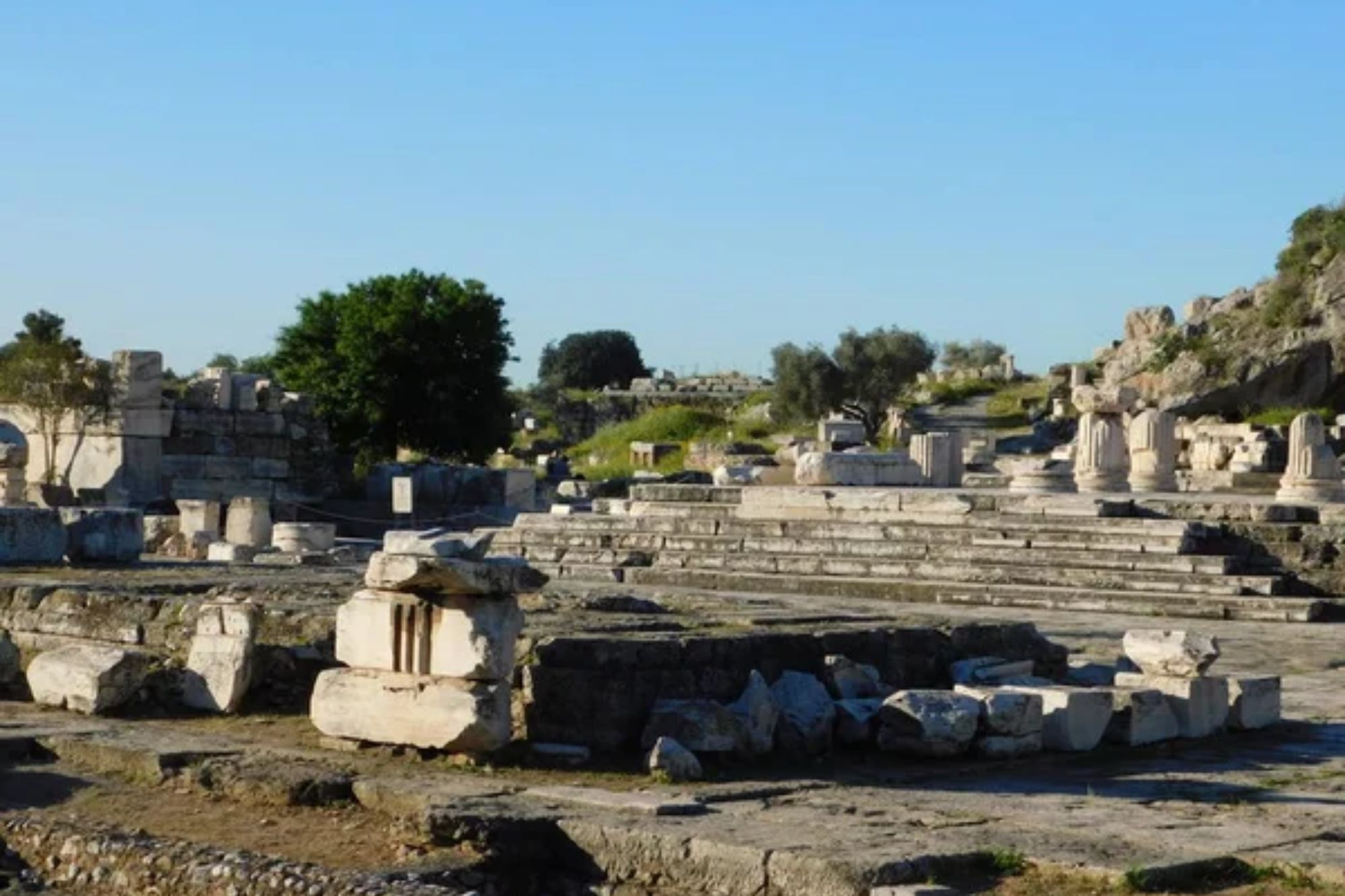
The Eleusinian Mysteries, ancient initiation ceremonies for the cult of Demeter and Persephone, were conducted here for nearly two thousand years. Archaeological remains reveal little about these secretive rituals that promised knowledge of the afterlife, maintaining their mystical allure even today.
Local festivals still honor connections to agricultural cycles, echoing the ancient worship of Demeter, who brought seasons to the world through her grief and joy.
Dodoni
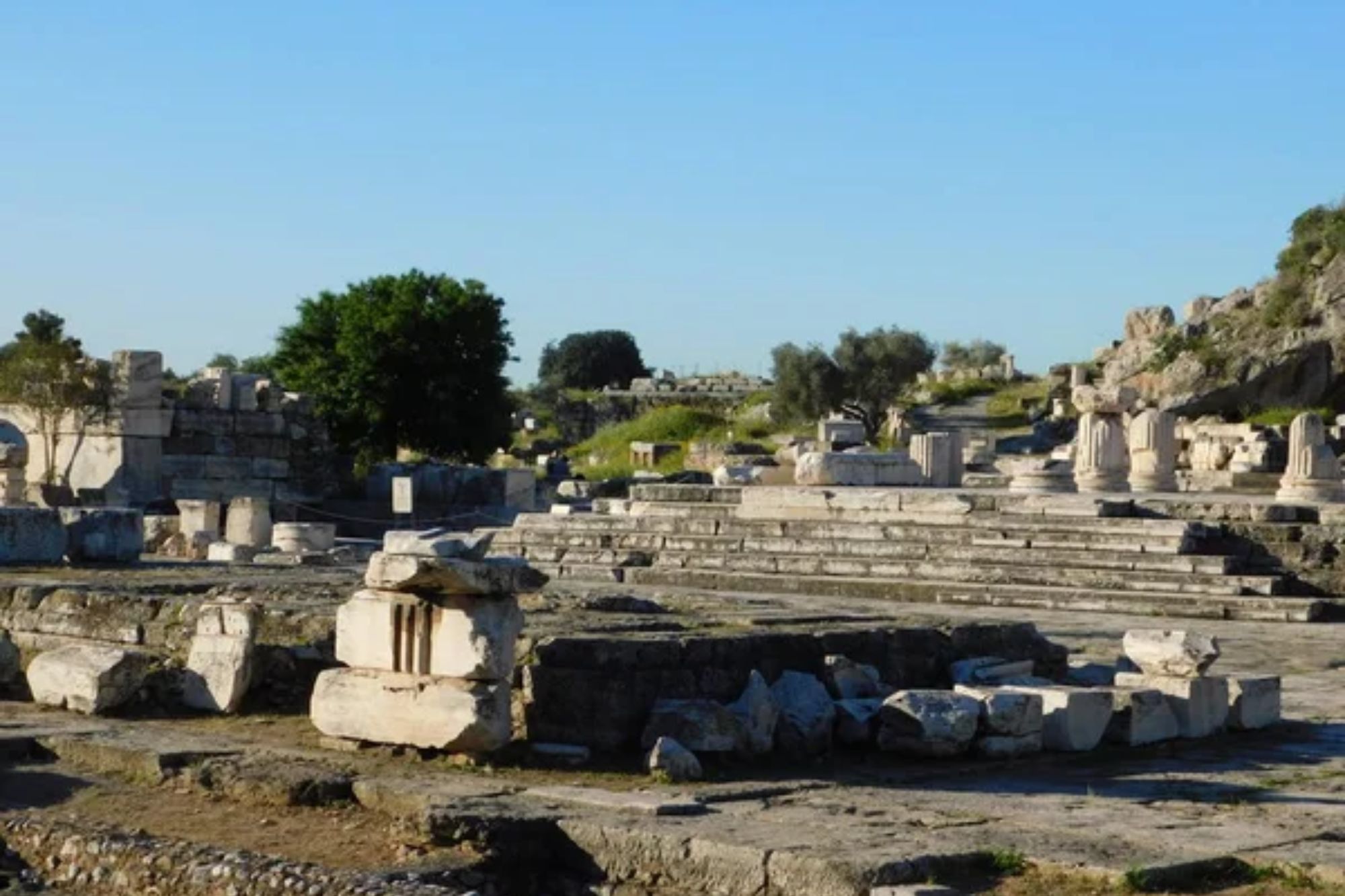
Home to the oldest Greek oracle, dedicated to Zeus and his sacred oak tree, this atmospheric site in Epirus allowed petitioners to hear divine messages in the rustling of leaves. The remarkably preserved ancient theater sits in a valley surrounded by mountains, creating natural acoustics that still carry whispers across surprising distances.
Guides recount how priests interpreted the sounds of bronze chimes hung from branches, lending credibility to divine communication in this remote sanctuary.
Nafplio
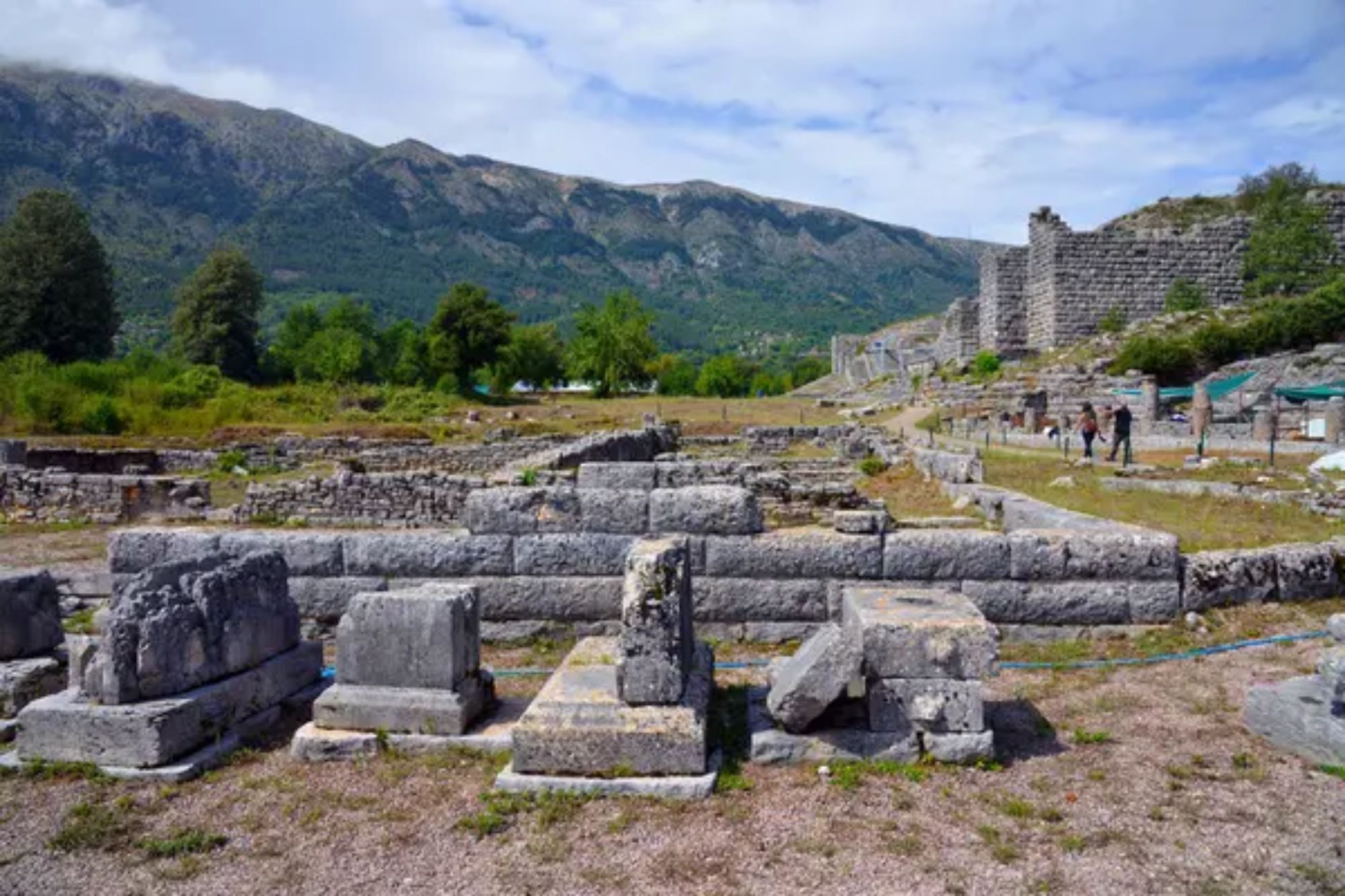
This charming coastal town was named after Nauplius, a son of Poseidon, and its connection to the sea god remains palpable along its picturesque harbors. The imposing Palamidi fortress, named after a hero of the Trojan War, looms above narrow streets where traditional Greek life continues much as it has for centuries.
Evening walks along the promenade feel particularly magical, with locals claiming Poseidon still stirs the waters on stormy nights, sending waves crashing against the town’s medieval sea walls.
Like Travel Pug’s content? Follow us on MSN.
Mystras
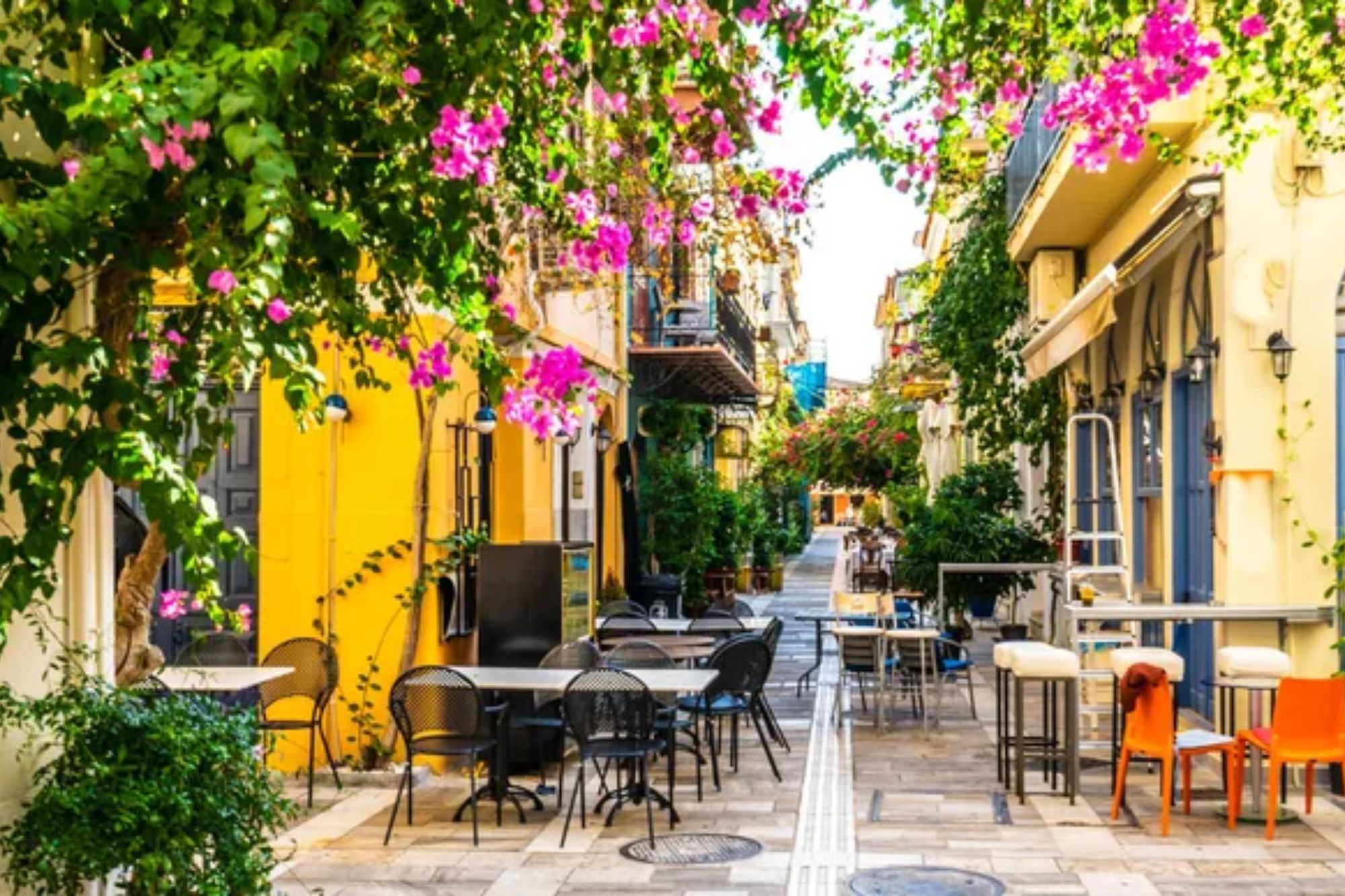
This Byzantine ghost town cascades down a mountainside near ancient Sparta, its abandoned palaces and churches creating a hauntingly beautiful landscape. Though primarily medieval rather than ancient, the site feels infused with mythological significance through its connection to Helen of Troy, whose beauty launched a thousand ships.
Wandering through the silent streets, visitors often report an uncanny feeling of being watched by figures from the past, as if the veil between eras occasionally thins among these ruins.
Litochoro
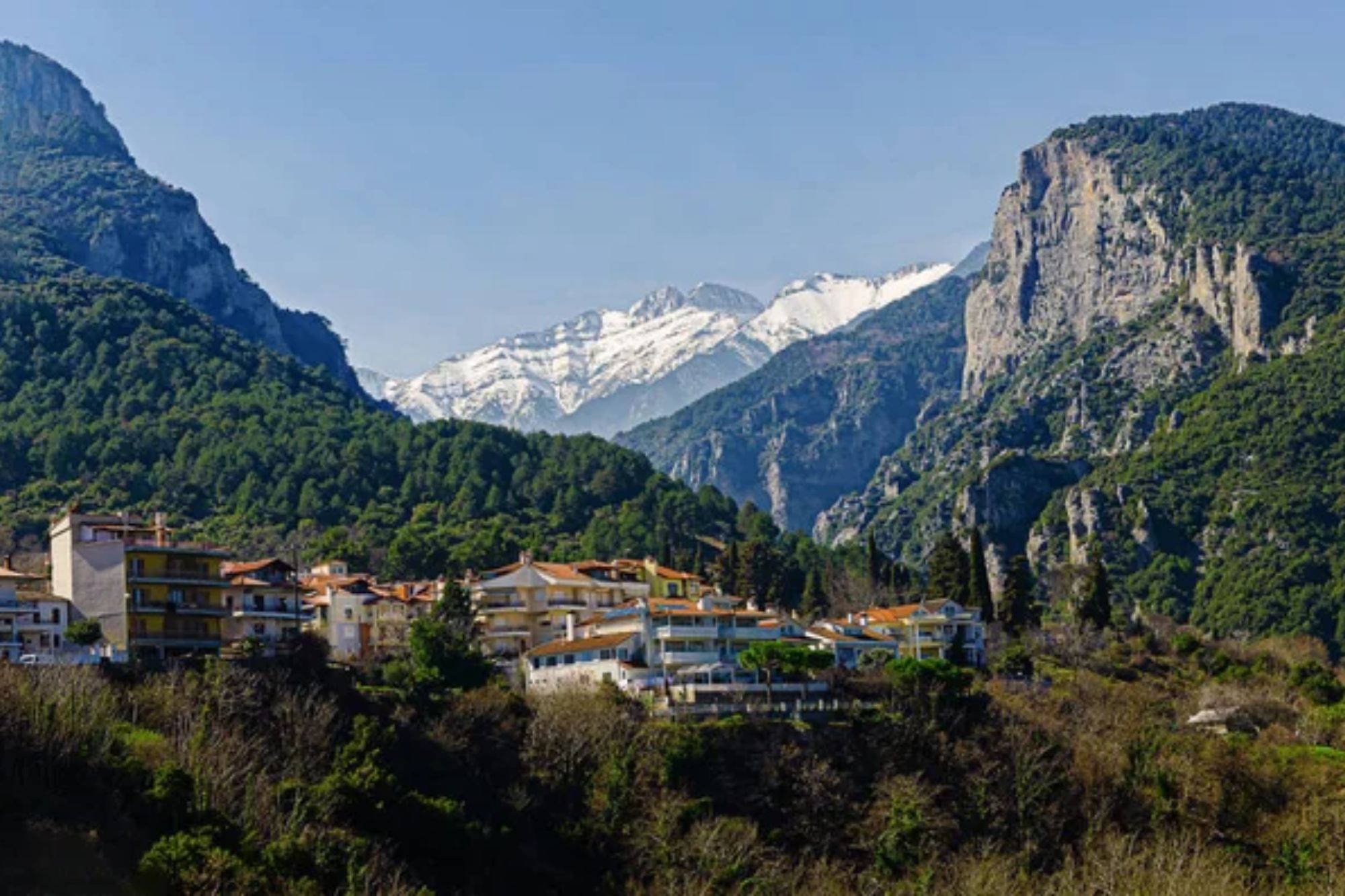
Nestled at the foot of Mount Olympus, this traditional village serves as the gateway to the legendary home of the Greek gods. Locals speak of the mountain with reverence that transcends mere appreciation for nature, treating the peak with the respect due to a divine dwelling place.
Hikers setting out on trails toward the summit describe strange weather patterns and atmospheric phenomena that make it easy to imagine Zeus unleashing thunderbolts from his throne above.
Vergina
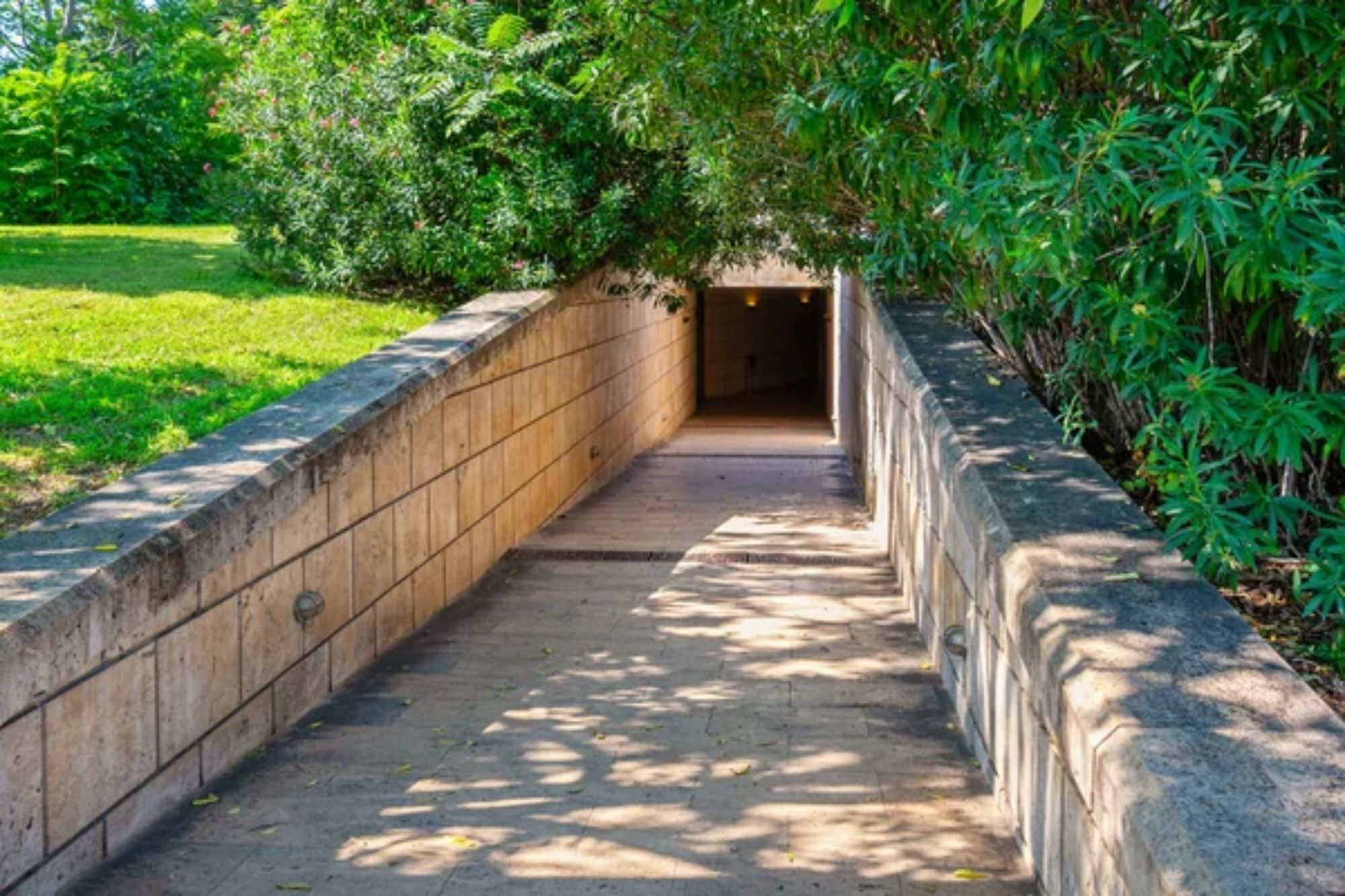
This small town gained international significance with the discovery of what many archaeologists believe to be the tomb of Philip II, father of Alexander the Great. The underground museum housing these royal Macedonian tombs creates an almost religious experience as visitors encounter the golden larnax and intricate wreaths preserved for over two millennia.
Standing before these royal treasures, the line between historical figure and mythological hero blurs, reminding visitors how Greek myth and history have always intertwined.
Like Travel Pug’s content? Follow us on MSN.
Whispers Across Time
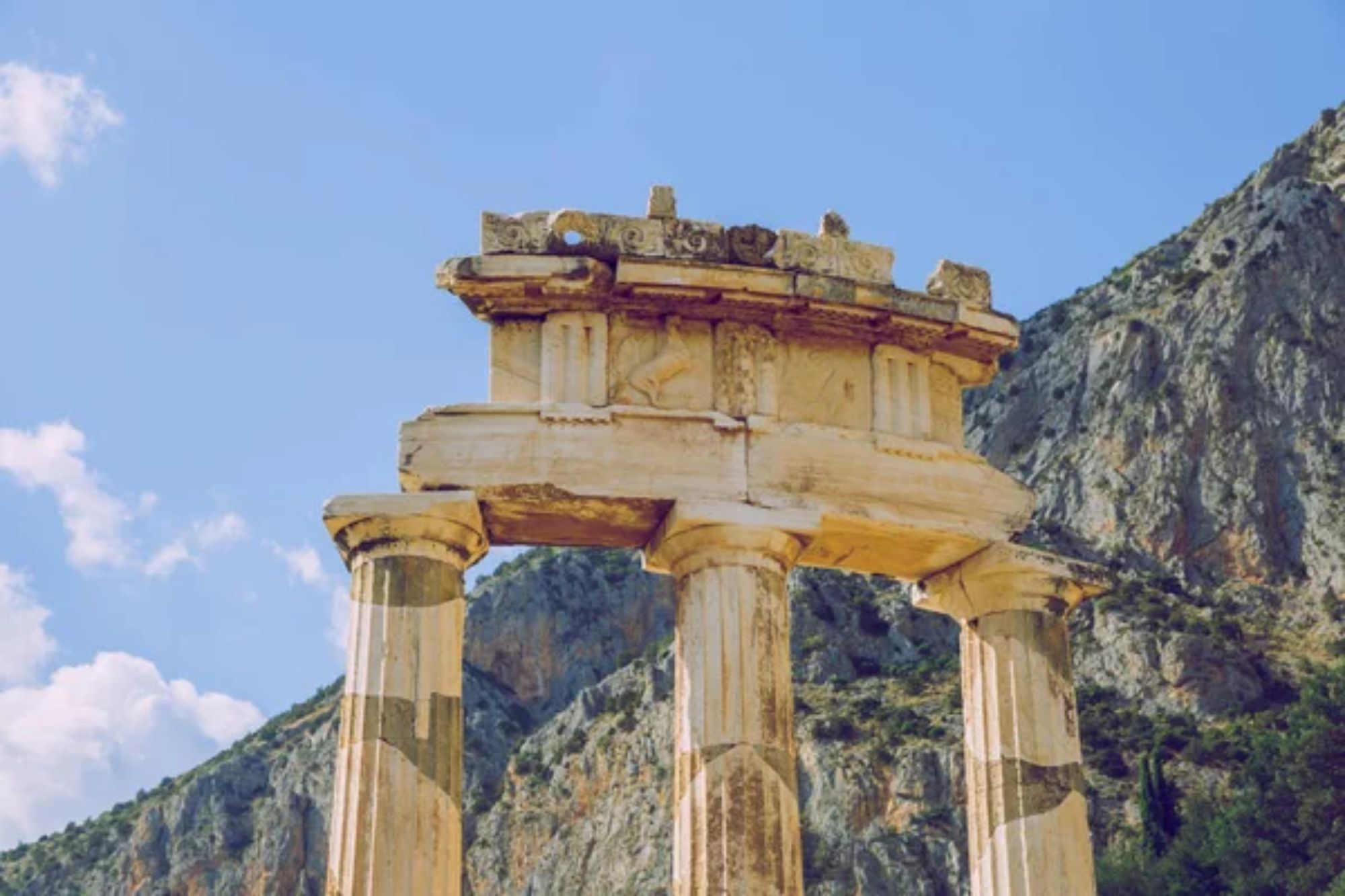
Greece’s mythological towns bridge past and present, keeping ancient narratives alive through both archaeological remains and the cultural memory of their inhabitants. These places demonstrate how mythology transcends mere stories to become a living heritage embedded in the landscape itself.
Whether visiting the home of an oracle, standing where Olympic athletes once competed for divine favor, or hiking the slopes of Olympus, travelers discover that Greek mythology never truly died—it simply waits to be experienced by those willing to listen for its whispers across time.
More from Travel Pug

- Cities Growing so Fast You Won’t Recognize Them in 10 Years
- 13 Destinations Where Tourists Regularly Regret Their Trip
- 20 Obscure WWII Sites Even History Buffs Don’t Know About
- 10 Under-the-Radar Mountain Towns That Are Both Affordable and Beautiful
- 20 Abandoned Places That Feel Like Real-Life Post-Apocalyptic Movie Sets
Like Travel Pug’s content? Follow us on MSN.
